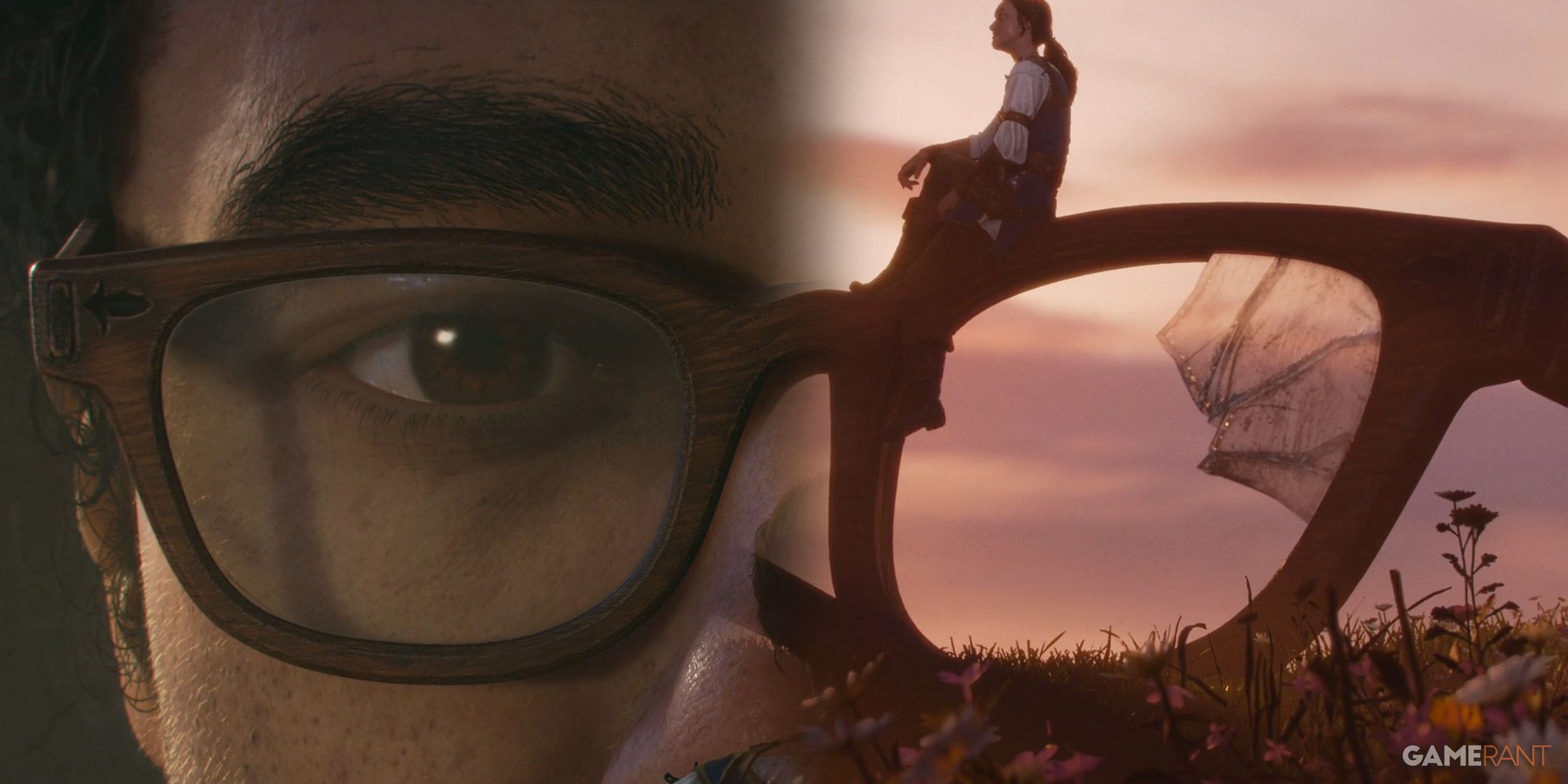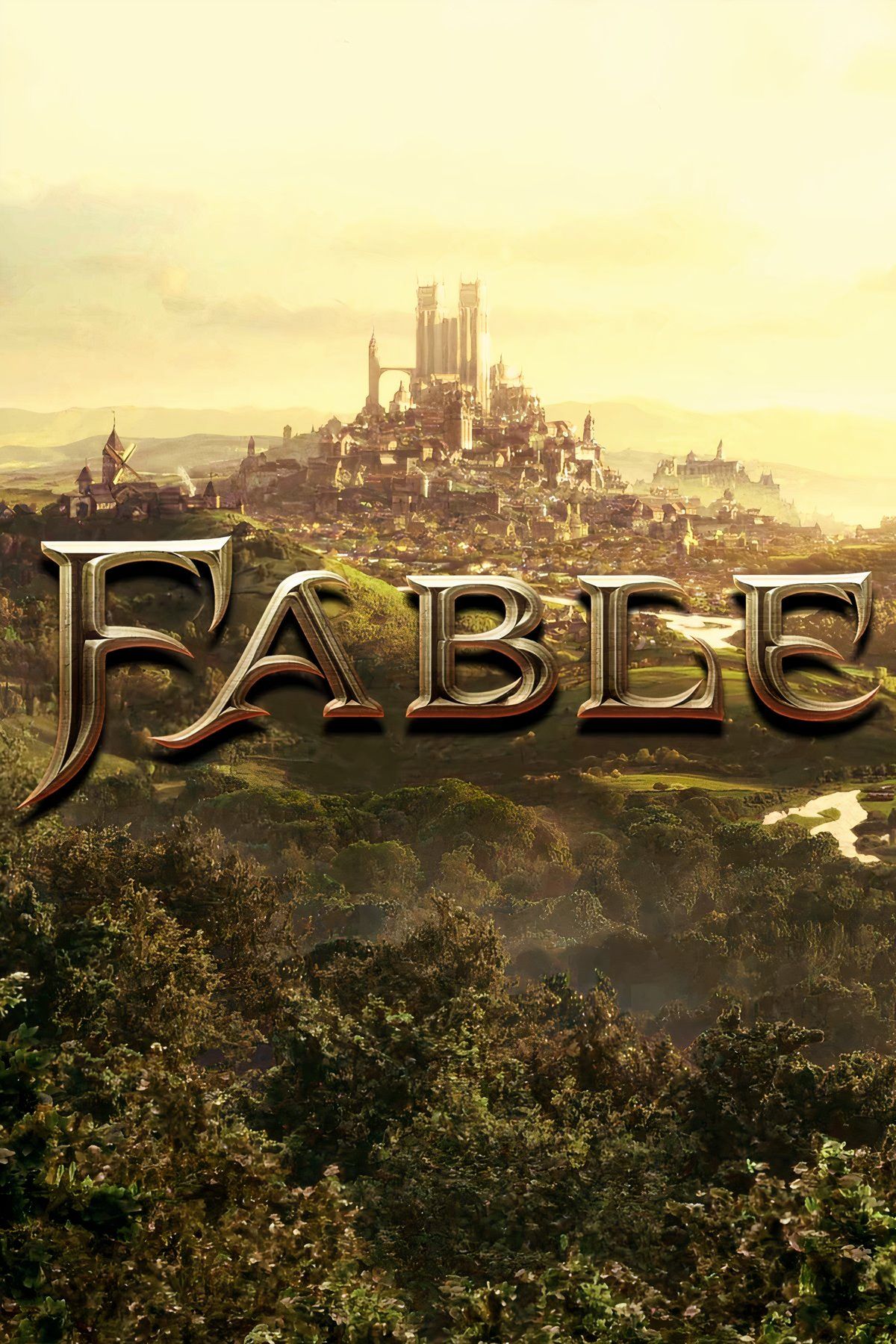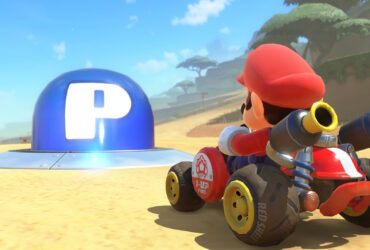Summary
- The Fable reboot will have to measure up to Fable 2, known for its balance of freedom, charm, and player choice.
- Fable 2’s property ownership system, an underrated feature, added depth and moral dilemmas to the game.
- Fable (2026) could improve by expanding and refining the property ownership system to enhance the overall RPG experience.
While Playground Games’ upcoming Fable reboot may be attempting to reinvent the franchise for the modern era, it will have a high standard to topple with Fable 2, which is widely considered to be the best entry in the series for many reasons. Fable 2 was praised for its perfect balance of freedom, charm, and meaningful player choice, building upon the foundations of its predecessor while refining its mechanics and storytelling in ways that allowed it to leave an even longer-lasting mark than the first Fable was aiming for. In other words, Fable (2026) has its work cut out for it, as it will need to have that same level of impact if it hopes to succeed.
One way Fable (2026) could achieve that level of success is to look to Fable 2 for inspiration regarding its gameplay. Of course, there are plenty of different elements that Fable 2 introduced to the series that Fable (2026) could benefit from imitating — like the dog companion, for example. However, one of Fable 2‘s most underrated features may also be something for Fable (2026) to look at, as it would breathe more life into its world and make its gameplay feel all the more rewarding. That feature is Fable 2‘s property ownership and economy system.

Related
Fable Seems Open to a Little Anachronism, and That’s Great
Despite being a fantasy RPG, Playground Games’ upcoming Fable reboot appears to embrace anachronism, which could really help set it apart.
Fable (2026) Needs to Bring Back Fable 2’s Property Ownership and Economy System
Players Could Buy and Rent Out Homes and Businesses for Passive Income in Fable 2
Fable 2 had a lot going for it in terms of unique gameplay features, especially in comparison to the first Fable, but one of its most underrated features was undoubtedly its property ownership and economy system. While Fable 2 is most often praised for its morality system, combat, and humor, its property ownership and economy system was actually one of its most innovative features and was surprisingly deep. However, it is rarely mentioned as one of Fable 2‘s core strengths, despite actually being one of them.
Largely, Fable 2‘s property ownership and economy system is overlooked because it isn’t directly tied to the best of the game’s other features, like its combat and story. Even so, players who took the time to invest in that system would likely have borne witness to its full potential as one of Fable 2‘s strongest role-playing aspects. With this system, players could buy nearly every house, business, and even castles, earning them passive income even when they weren’t playing — a unique mechanic for an RPG at the time.
While Fable 2 is most often praised for its morality system, combat, and humor, its property ownership and economy system was actually one of its most innovative features and was surprisingly deep.
Fable 2‘s property ownership and economy system wasn’t just about the income, though, as it played a significant part in shaping the game’s world and the player’s character. Raising or lowering a property’s rent and/or prices affected player morality in Fable 2, ultimately making any acquisition of wealth a moral dilemma. Additionally, if players invested in a town by purchasing property, that town prospered and its NPCs became happier. However, setting rent too high and exploiting people would cause a town to decay into slums, effectively turning it over to poverty.
Fable (2026) Could Build Upon and Improve Fable 2’s Property Ownership and Economy System
While Fable 3 attempted to bring back and even expand on Fable 2‘s property ownership and economy system, it simplified, rather than deepened, its mechanics. This leaves Fable (2026) with the prime opportunity to properly build upon that system and draw more attention to it. Firstly, Fable (2026) could tie its property ownership to the main quest to prevent it from once again being overlooked. Secondly, giving the economy of Fable (2026)’s Albion an even more visible impact would increase the roleplay value of the system. And finally, Fable (2026) could expand on Fable 2‘s property ownership by letting players buy more than just buildings — maybe supply routes, land, or even entire towns.
By reviving and refining Fable 2’s property ownership and economy system, Fable (2026) could add an extra layer of depth to its world, making Albion feel more reactive and dynamic than ever before. Expanding on these mechanics wouldn’t just offer players an extra bit of side content, but would also increase the overall role-playing experience of Fable (2026), reinforcing the idea that their choices really do shape the world around them.














Leave a Reply